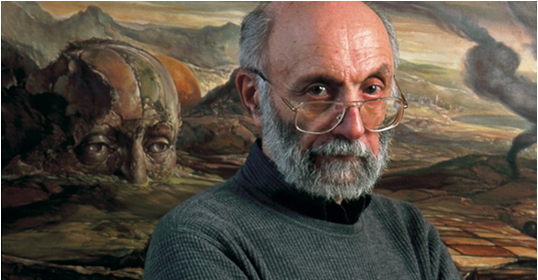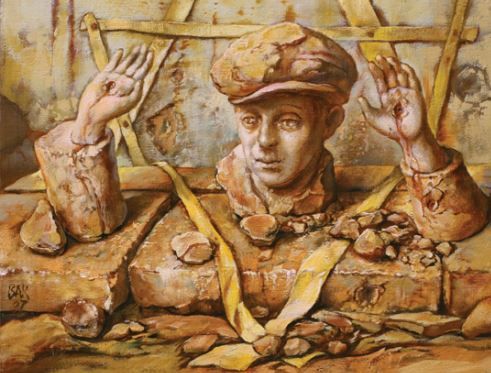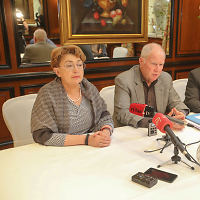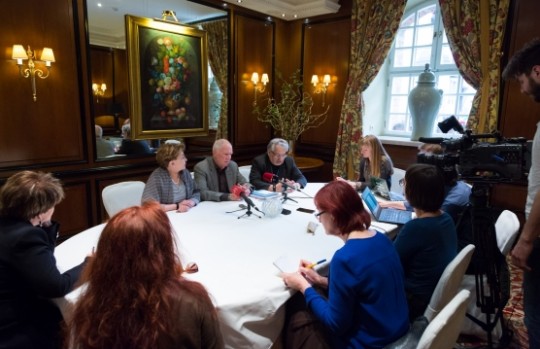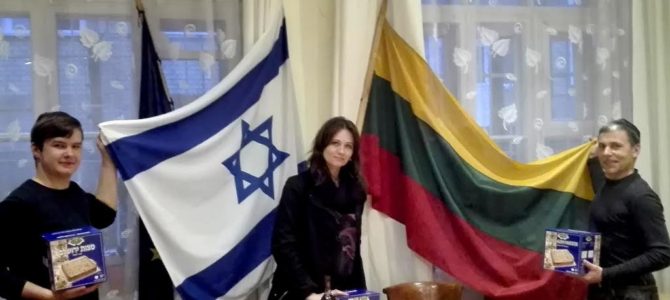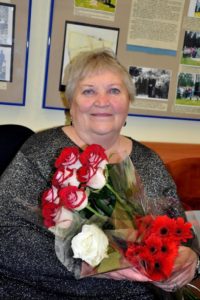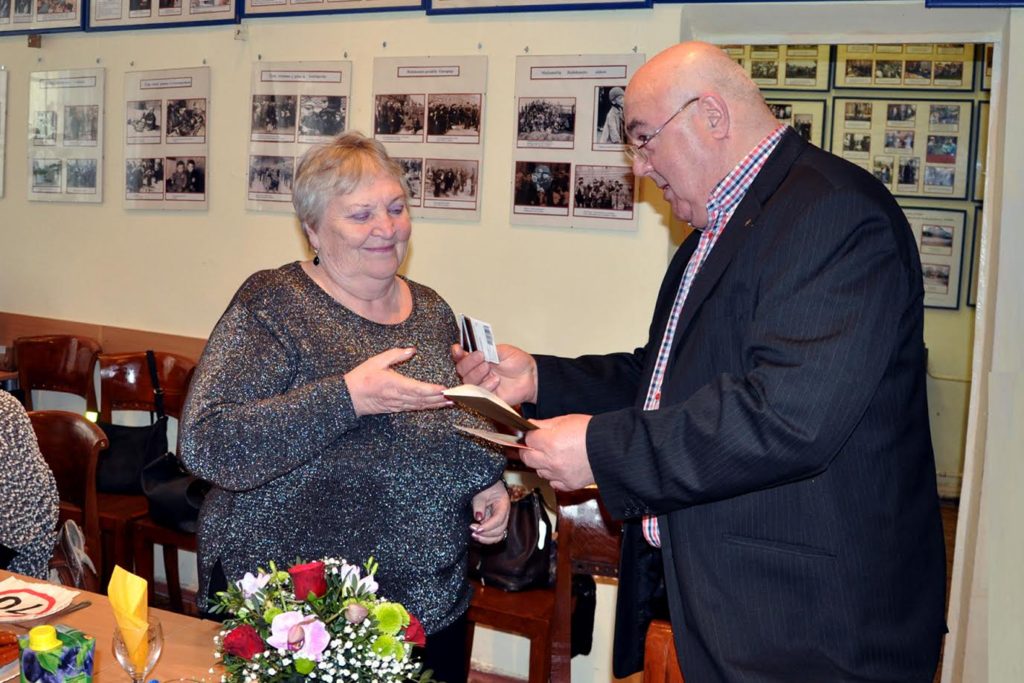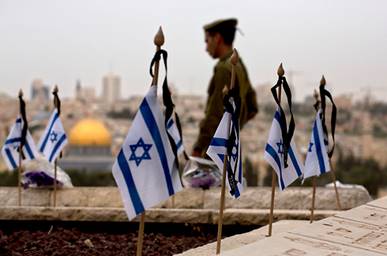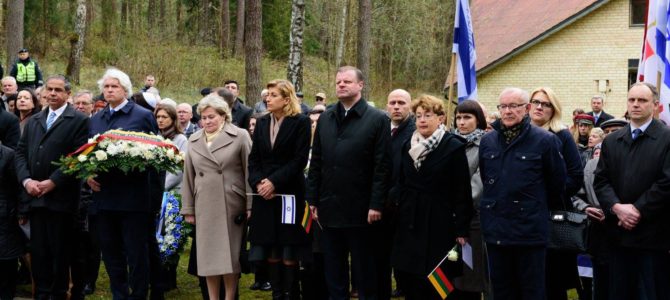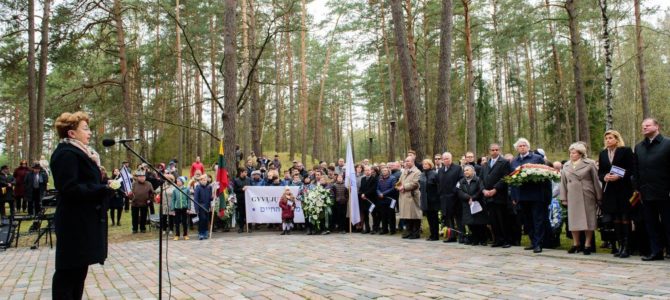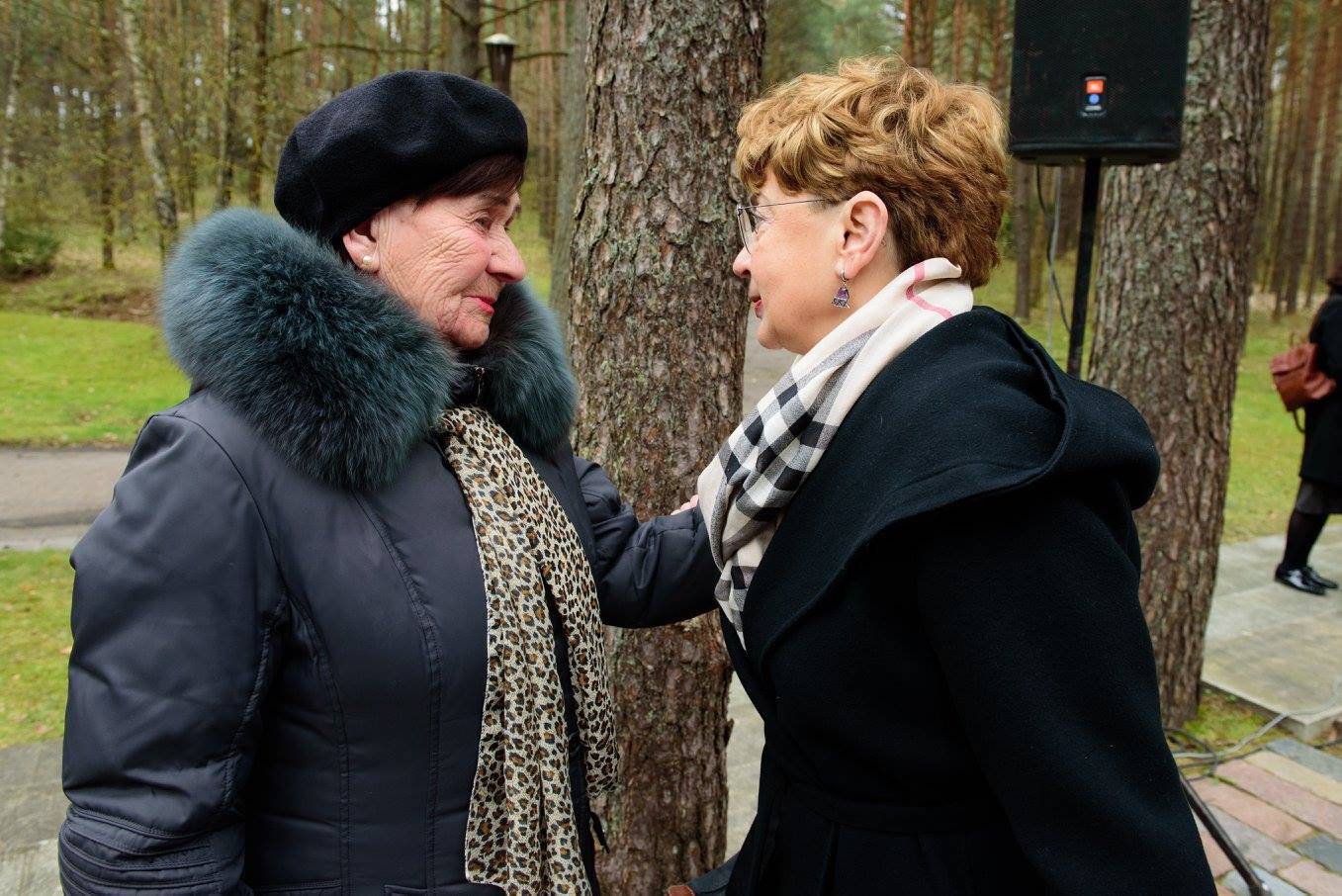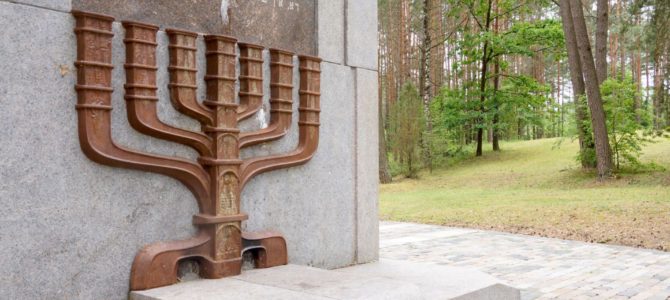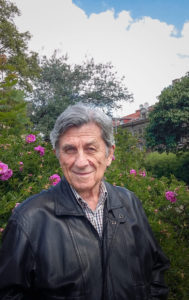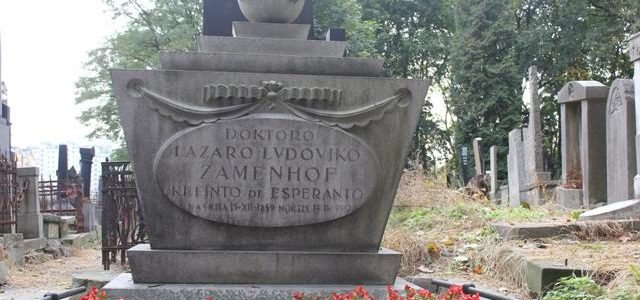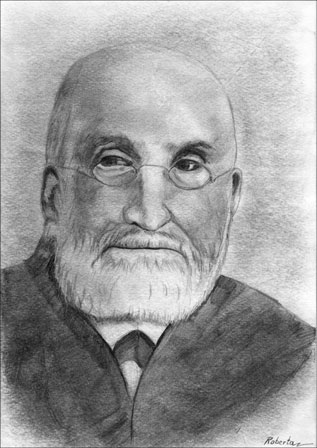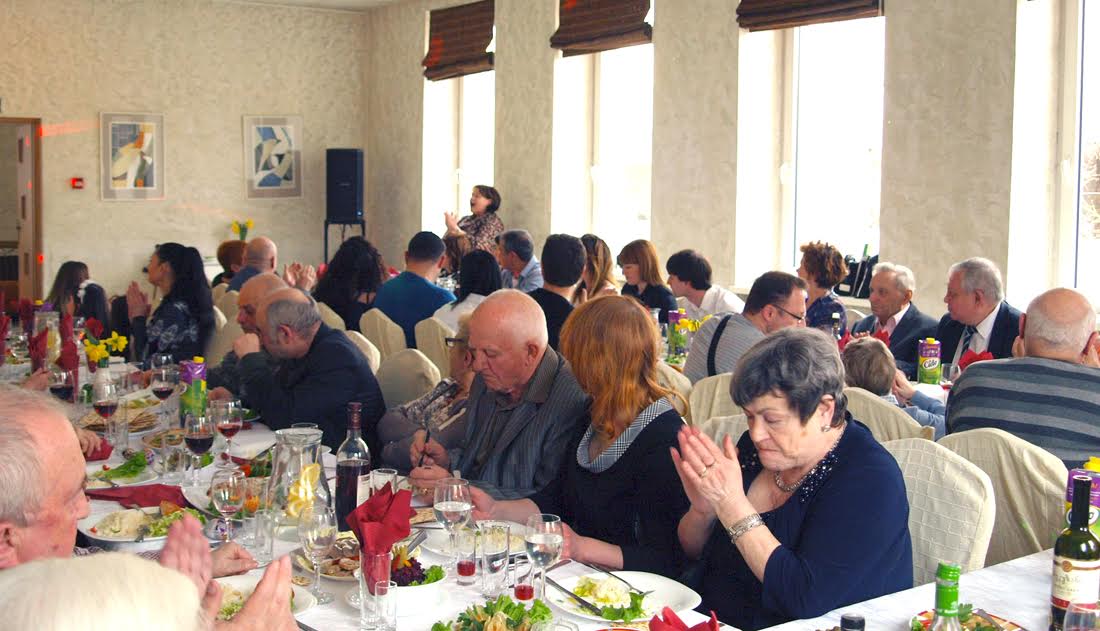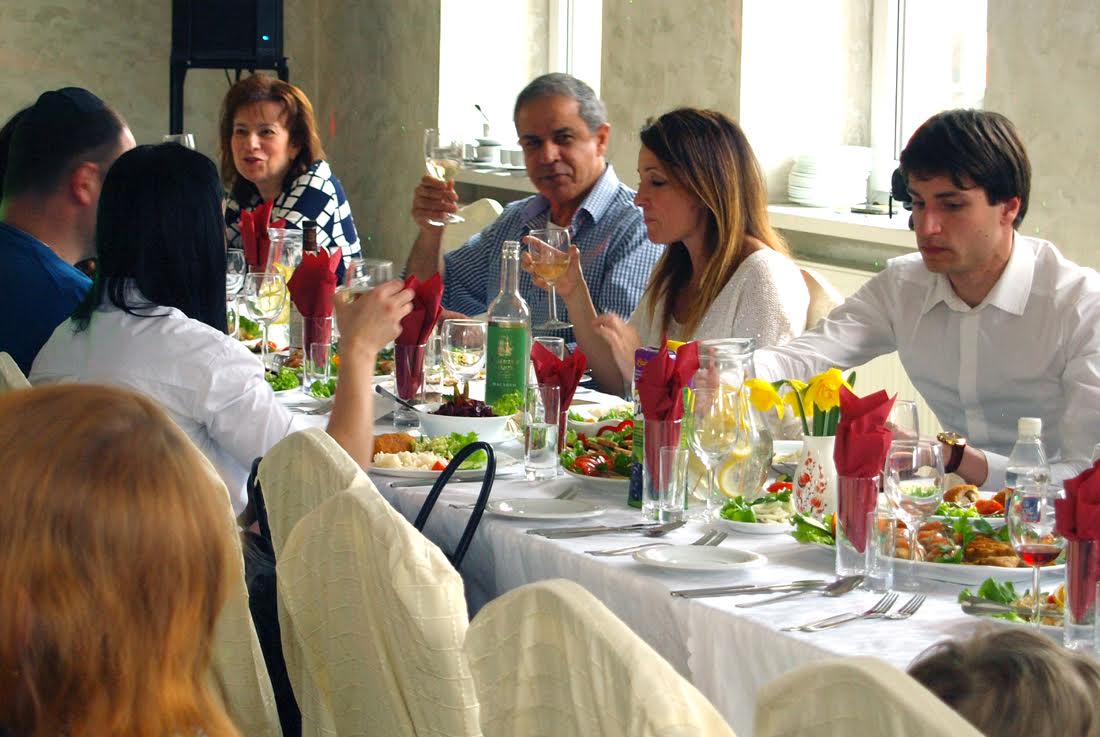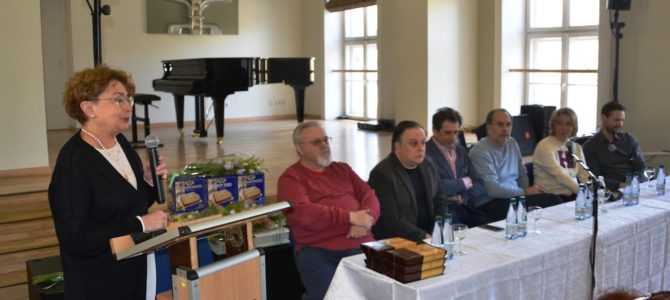
In mid-April a meeting with an overflow audience was held at the Lithuanian Jewish Community in Vilnius to meet the actors of the famous Vakhtangov Academic Theater in Moscow who are performing the play “Nusišypsok mums, Viešpatie!” [Smile upon Us, O Lord] under the direction of Rimas Tuminas. Actors at the meeting included Sergey Makovetsky (playing the character Efraim Dudak), Aleksei Guskov (Shmule-Sender Lazarek), Yevgeniy Kniazev, Viktor Suhorukov (Avner Rosental) Julia Rutberg (Ožkytė) and Viktor Dobronravov (playing Hloyne-Geneh).
Twenty years after its premiere at Vilnius’s Small Theater, the play was performed at the Yevgeniy Vakhtangov Theater in Moscow in 2014, where Tuminas has been director since 2007. The tour of the play in Lithuania this time is dedicated to the late actor Vytautas Šapranauskas, who died in 2013 and was unable to play again the role of Chloinė Genech in Tuminas’s presentation of the drama in Moscow. The play originally performed at the Little Theater on Gedimino prospect in Vilnius travelled around the world, winning numerous awards at drama festivals. In 1995 Tuminas won the title of best Lithuanian director for his direction of the play and the prestigious Kristoforas statue. Drama score composer Faustas Latėnas and Gediminas Girdvainis, who created the character of Avner Rozental, also won the same awards in separate categories.
The new production of the play is also a world traveller and has been seen in New York, Toronto and Tel Aviv.


